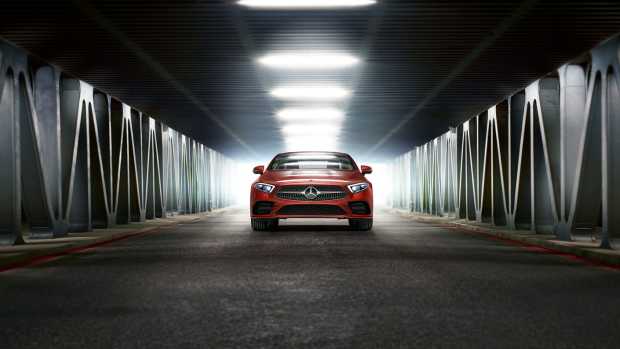
Tesla (TSLA) -) this year cemented itself as the leader of the electric vehicle industry, delivering more than 450,000 vehicles during the second quarter of 2023. But the company has been truly shining as the key leader in the field not through its self-driving tech or highly-anticipated Cybertruck, but rather through its Supercharger network.
The network includes more than 45,000 Superchargers around the world, with around 17,000 of them located at more than 6,000 locations throughout the U.S. The bulk of the ever-expanding network is centered in California.
DON'T MISS: Mustang Mach-E probe reveals electric vehicle adoption issues
Over the past few months, several big-name automakers partnered up with Tesla to gain access to this network of Superchargers, which can provide up to 200 miles of range in just 15 minutes, something that might help potential buyers with their fears of range anxiety.
Wedbush's Dan Ives believes that this component of Tesla's business could become a real revenue driver, bringing in up to $20 billion annually by 2030.
With its peers flocking to Tesla's banner, Mercedes-Benz (DDAIF) -) is looking to pave its own way forward. The company's first high-power charging stations will go into operation in October in Atlanta, Chengdu and Mannheim. Mercedes plans to have a network of more than 2,000 charging points around the world by the end of 2024, with the goal of operating 10,000 charging points at 2,000 hubs by 2030.
More Tesla:
- Top analyst believes Tesla's business could bring in $20 billion a year by 2030
- Mercedes Just Beat Tesla to This Huge Milestone in the Race to Self-Driving Cars
- Elon Musk Has a 'Purity' Around Motivation For Game-Changing EV Deal
The network will be open to drivers of all brands, though Mercedes drivers will get special benefits, including the ability to reserve a charging point in advance.
"We firmly believe that electric mobility is the key to a sustainable, zero-emission future. Our goal is to create an infrastructure that offers electric vehicles reliable and easy charging options," CEO Mercedes-Benz Mobility AG Franz Reiner said in a statement. "We want to encourage our customers to switch to zero-emission vehicles and thus make a positive contribution to protecting our environment."
The charging stations will -- like Tesla's -- be powered by renewable energy and will offer charging rates of up to 400 kW.
The company did not say how much it will cost drivers to charge at its stations; Tesla stations typically charge about $.25 per kWh, which usually comes out to around $22 for 250 miles of range.
Mercedes' stock was up slightly Monday morning.







